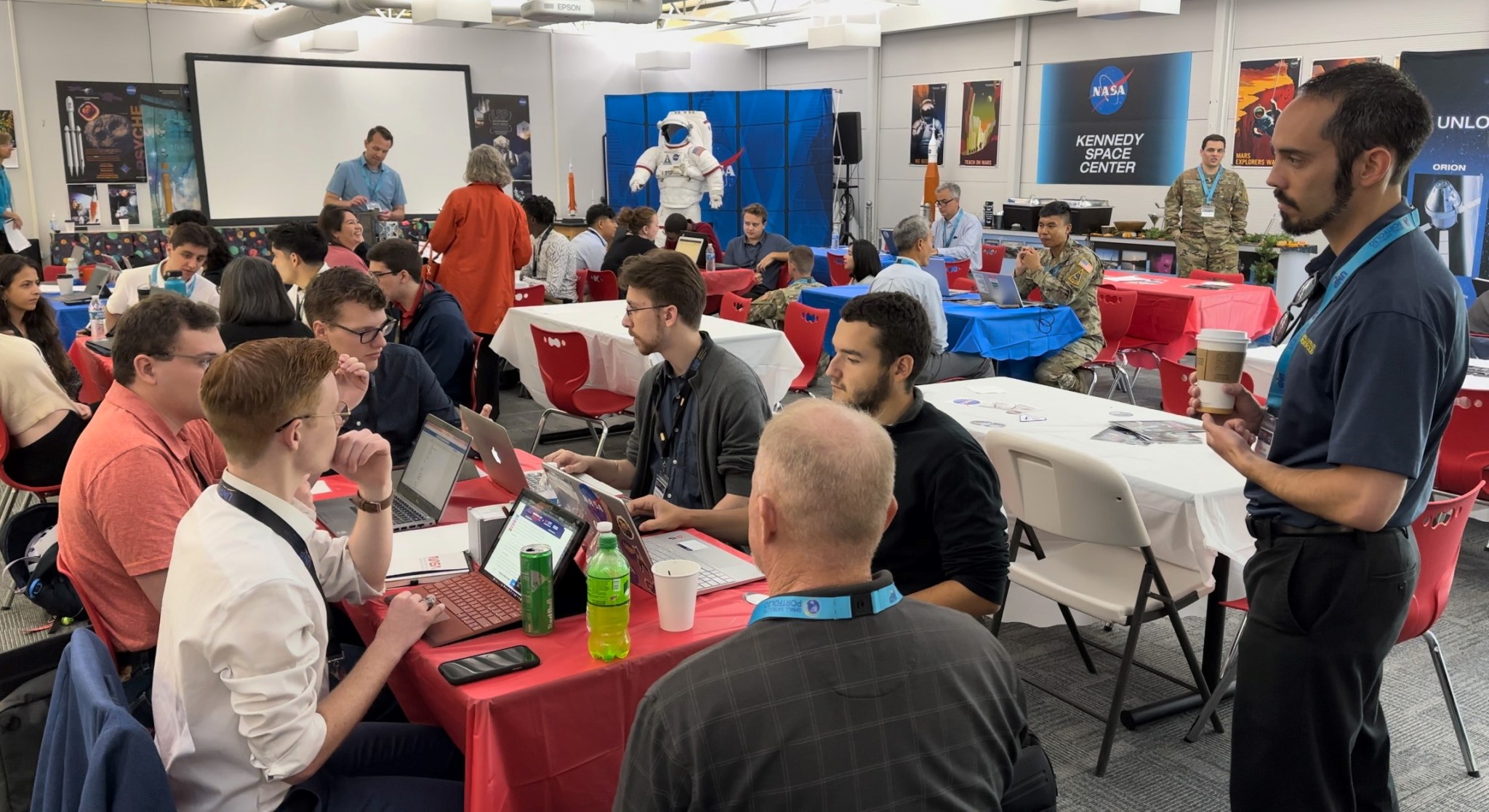NASA, Partners Select Universities for CubeSat Summer Program
Mar 28, 2024

Eight university teams have been selected to work with NASA and the U.S. military to improve their small satellite proposals, ultimately increasing the possibility of flying their technology in space, and potentially launching their own careers in the space industry.
NASA’s CSLI (CubeSat Launch Initiative) is partnering with the U.S. Air Force and U.S. Space Force for the 2024 Mission Concept Program. Running from May through August, the program will provide students with systems engineering training for spacecraft development. The partnership aims to prepare students to work in the space industry while simultaneously enhancing small satellite expertise among faculty at U.S. universities.
A total of 34 universities applied for the 2024 session. A mix of NASA, Air Force, and contractor personnel reviewed the proposals, selecting universities based on the educational impact, university program impact and development, minority outreach and support, and relevance to NASA or the Department of Defense. Three of this year’s awardees – University of Central Florida, Florida Atlantic University, and Tarleton State University – are Minority Serving Institutions. This year’s selections are:
- University of Central Florida, Orlando
- University of Mississippi, Oxford
- Florida Atlantic University, Boca Raton
- University of North Dakota, Grand Forks
- Valparaiso University, Valparaiso, Indiana
- Northeastern University, Boston
- West Virginia University, Morgantown
- Tarleton State University, Stephenville, Texas
The teams will meet at NASA’s Kennedy Space Center in Florida for a four-day kickoff meeting in May, followed by seven weeks at the Air Force’s University Nanosatellite Program facilities in Albuquerque, New Mexico, where three students will serve as interns with the Space Dynamics Laboratory.
During the program, the students will work with small satellite experts for continuous feedback and guidance to help improve university proposals and increase those teams’ potential of being selected to fly to space as part of NASA’s CSLI or the Air Force’s nanosatellite opportunities.
Final presentations will take place in Albuquerque and, although not required, participants are encouraged to attend the Small Satellite Conference in Logan, Utah, in August. Both programs will make final selections for future flights in 2025.
The 2024 Mission Concept Program provides funding for all travel, including kickoff, final event, and in-person reviews, allowing faculty and students to formulate teams without straining university resources.
NASA uses CSLI as one if its ways to attract retain students in science, technology, engineering, and mathematics disciplines. This strengthens NASA’s and the nation’s future workforce. The initiative promotes and develops innovative technology partnerships among NASA, U.S. industry, and other sectors for the benefit of all.
Visit NASA’s CSLI website for more information: